15 Shocking Historical Moments That Changed the World Overnight
Sometimes history moves at a snail’s pace. And then, there are those rare nights when everything shifts in an instant, leaving the world forever changed.
Whether it was an event that sparked a revolution, altered political landscapes, or introduced groundbreaking ideas, these moments caught everyone off guard. Let’s take a closer look at 15 events that flipped the script overnight.
When the Berlin Wall Fell (1989)
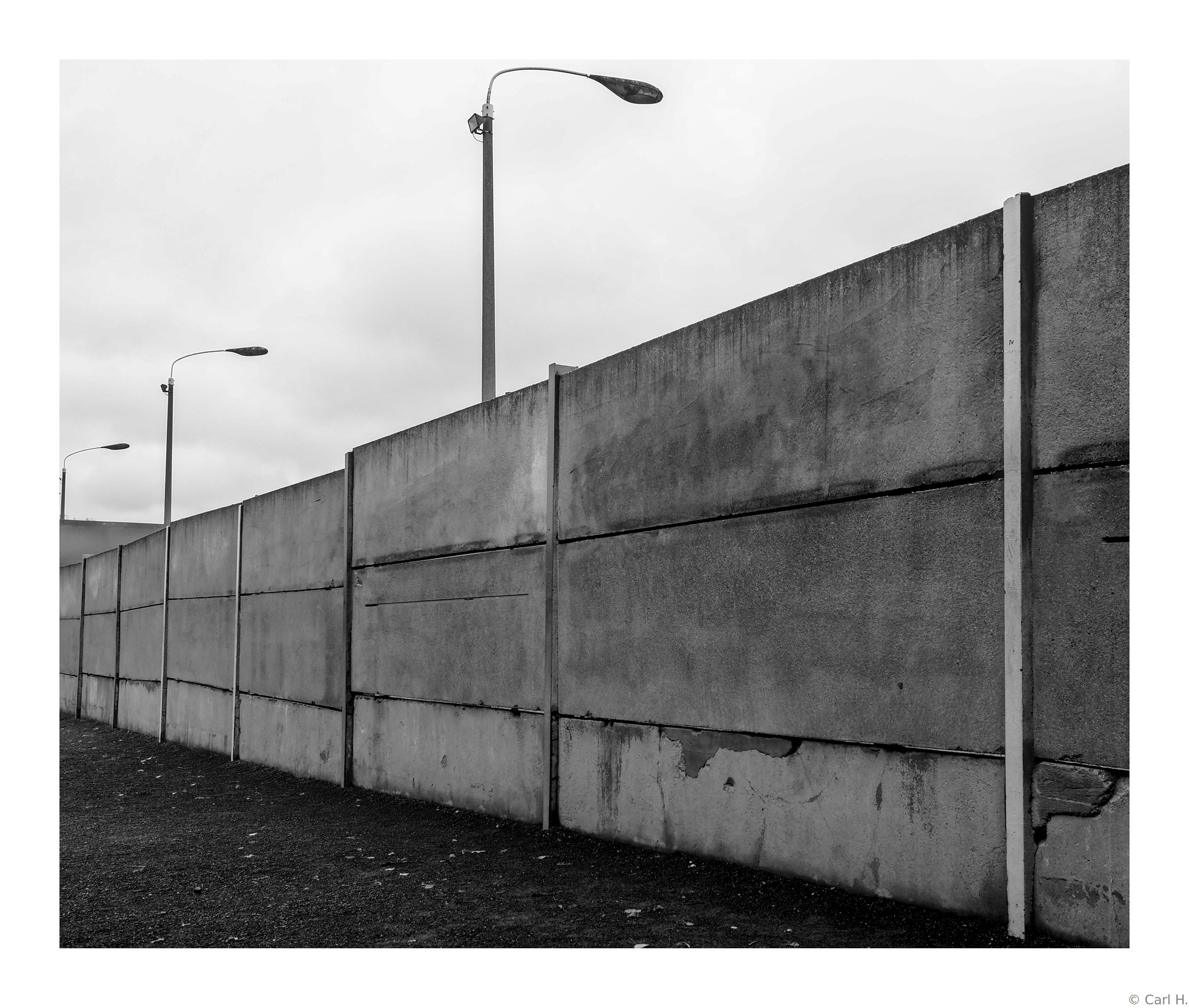
Picture this: a concrete wall separating families, friends, and entire lives for nearly 30 years. And then, in one dramatic night on November 9, 1989, the wall came down. Crowds gathered, hammers smashed concrete, and decades of division vanished.
It wasn’t just about Berlin; it marked the beginning of the end for the Cold War.
The Spark That Lit World War I (1914)
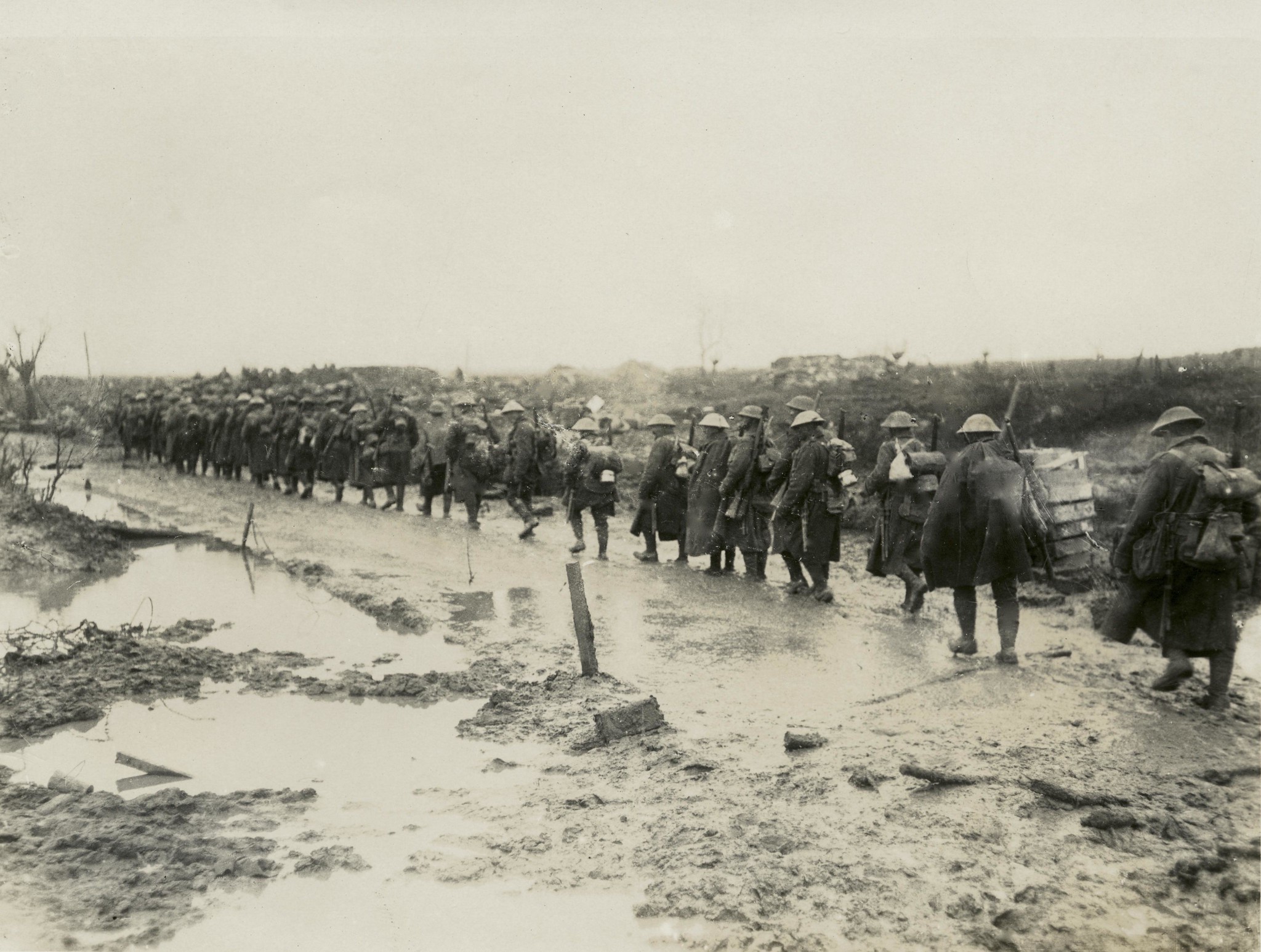
One summer afternoon in Sarajevo, a gunshot changed everything. The assassination of Archduke Franz Ferdinand on June 28, 1914, was the match that ignited World War I.
What started as a regional crisis spiraled into a global conflict, proving how fragile the balance of power really was.
Like Go2Tutors’s content? Follow us on MSN.
The Crash Heard Around the World (1929)
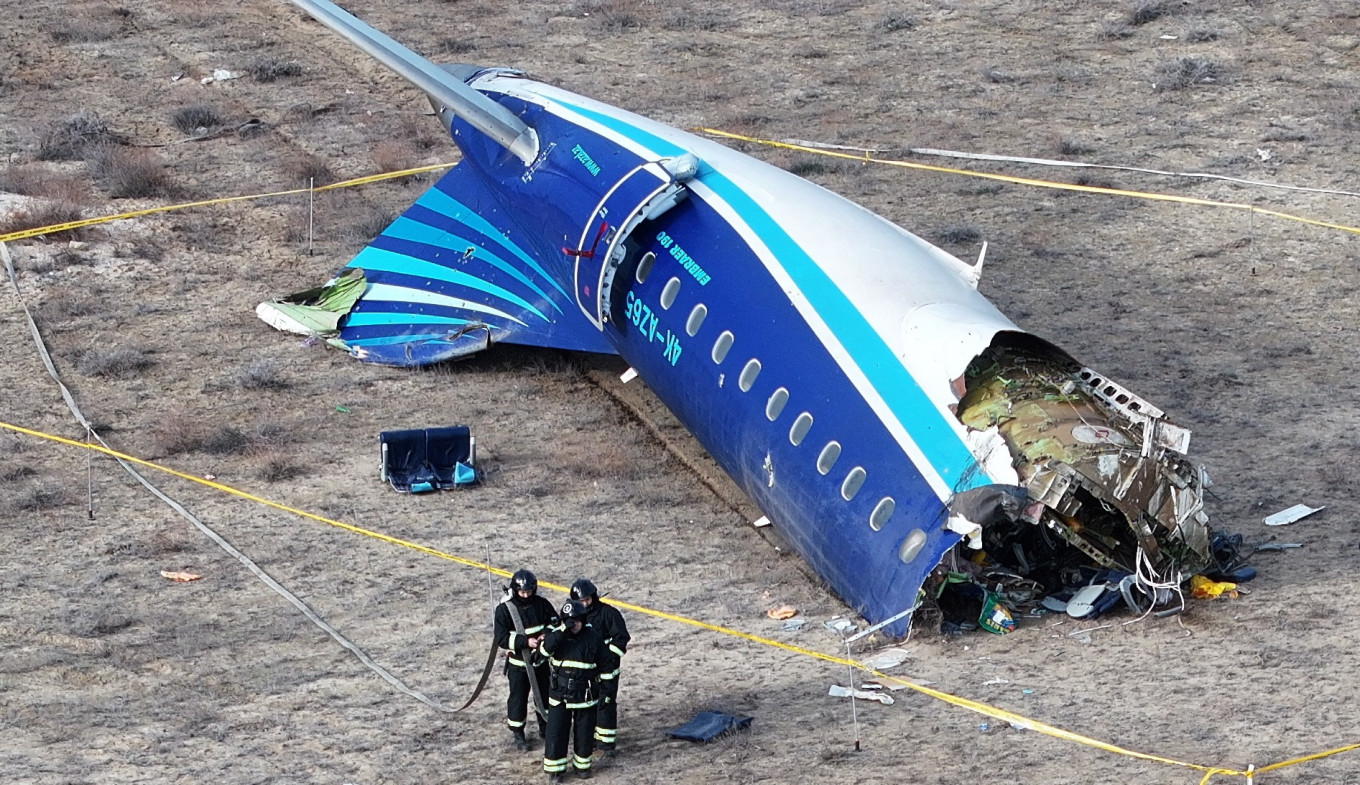
October 29, 1929, felt like just another day—until it didn’t. That morning, stock prices nosedived, and by nightfall, the U.S. economy was in freefall.
Black Tuesday didn’t just wipe out fortunes; it plunged the world into the Great Depression, reshaping economies and lives for decades.
One Small Step, One Giant Leap (1969)

It’s hard to imagine a more unifying moment than July 20, 1969. When Neil Armstrong’s voice crackled across the radio, the entire world listened. “One small step for man, one giant leap for mankind.”
The Apollo 11 moon landing wasn’t just a scientific win—it was a beacon of hope during a time of global tension.
The Day Hiroshima Fell Silent (1945)

On August 6, 1945, a single atomic bomb flattened the city of Hiroshima. Tens of thousands died instantly, and even more suffered in the days that followed.
It brought World War II closer to an end but also introduced a terrifying new chapter: the nuclear age.
Like Go2Tutors’s content? Follow us on MSN.
A Morning That Shattered Peace (2001)

September 11, 2001, is etched into memory for all the wrong reasons. Coordinated terrorist attacks left the world stunned.
The fall of the Twin Towers wasn’t just a tragedy—it reshaped global security and politics in ways we’re still grappling with today.
The Birth of a Nation (1776)
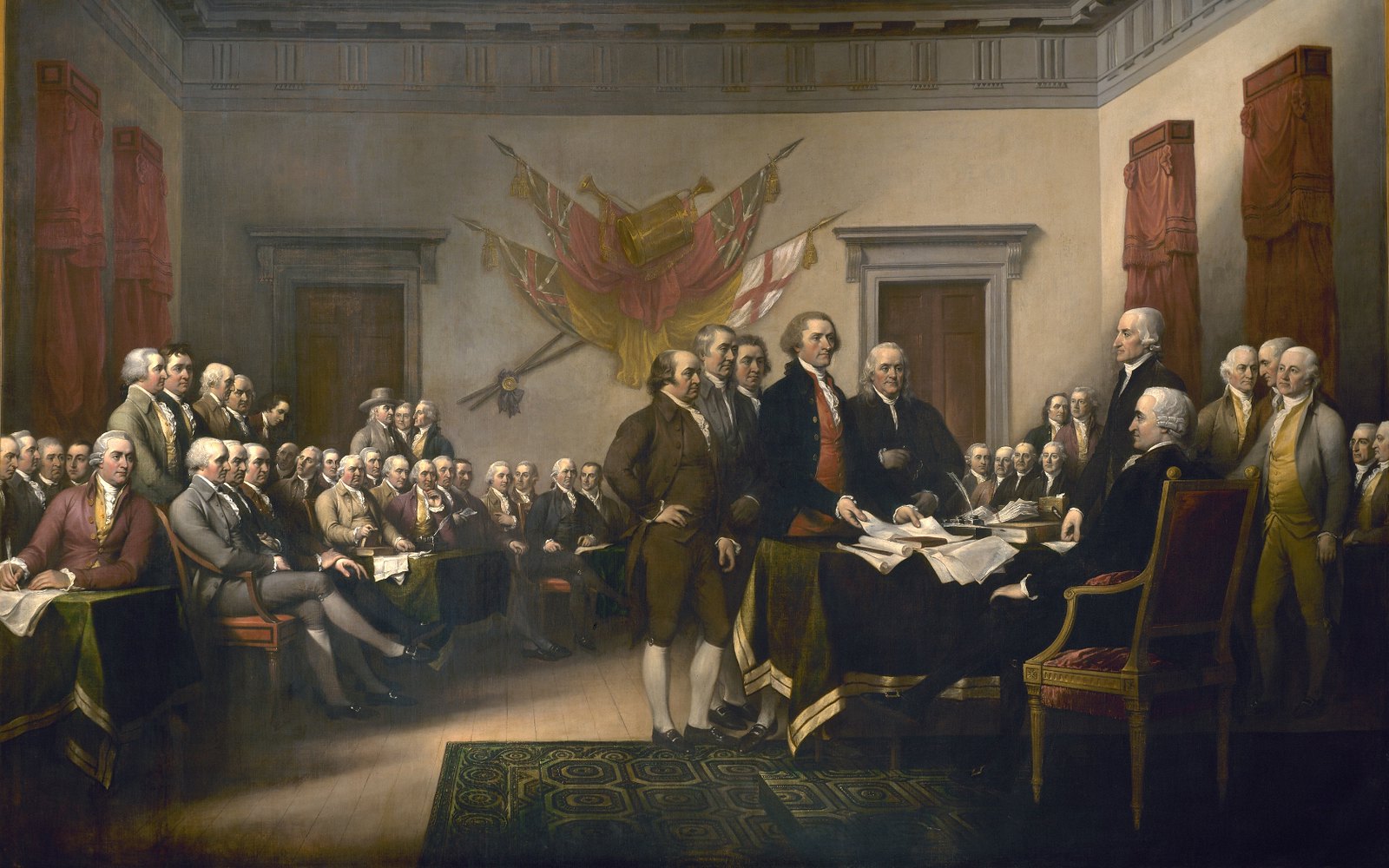
On July 4, 1776, thirteen colonies officially broke away from British rule. The Declaration of Independence didn’t just create the United States—it inspired revolutions across the globe, proving that freedom wasn’t just an ideal; it was a right worth fighting for.
A Nation Mourns (1963)

When President John F. Kennedy was assassinated on November 22, 1963, the world stopped. People gathered around TVs and radios in disbelief.
The young, charismatic leader’s death cast a shadow over America during an already tumultuous time.
Like Go2Tutors’s content? Follow us on MSN.
The Invention That Changed Everything (1440)
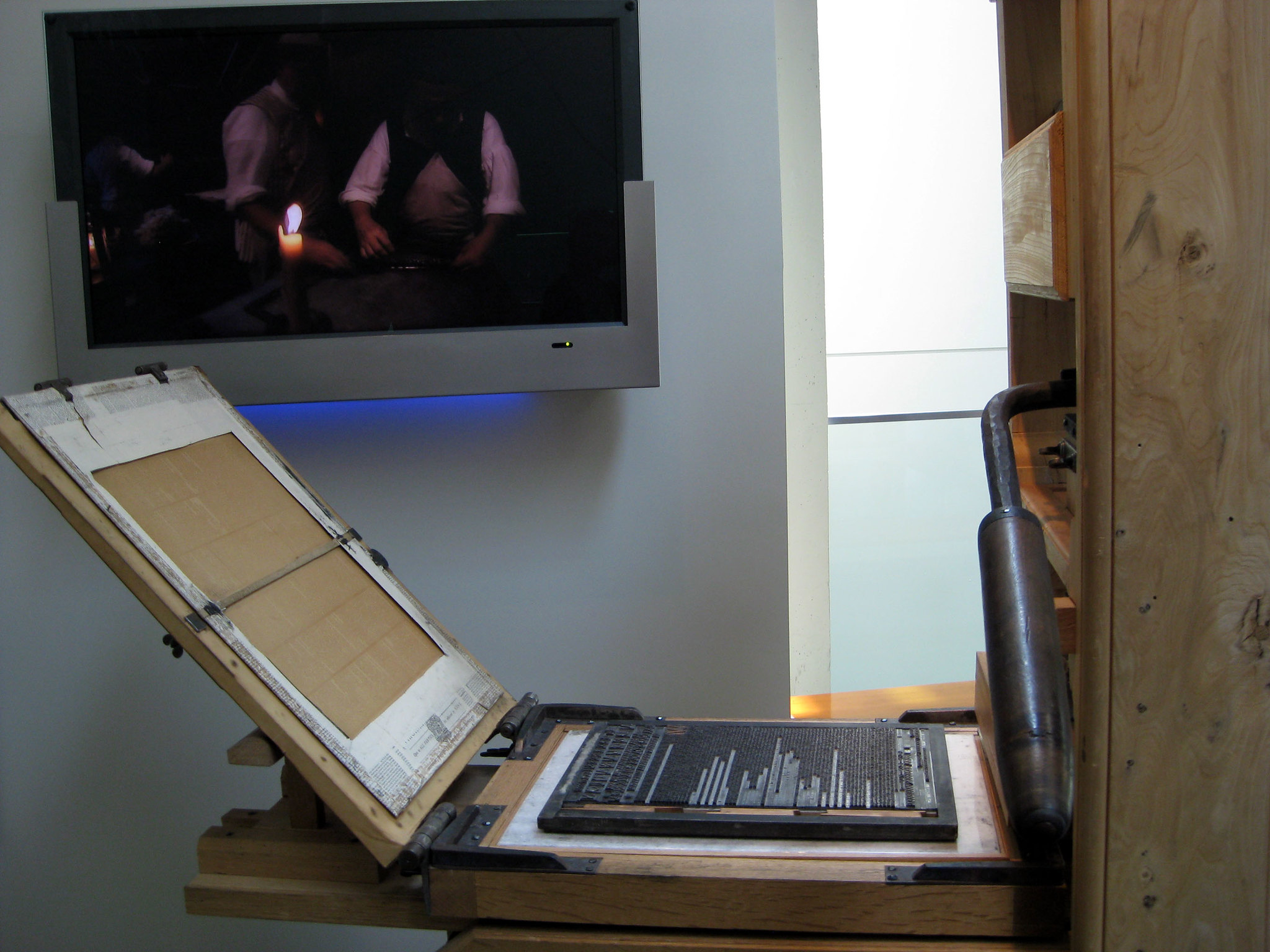
The printing press didn’t cause an uproar overnight, but its impact was immediate. Johannes Gutenberg’s invention in 1440 made books accessible for the first time.
Education, religion, and politics all transformed, paving the way for revolutions in thought.
The Bastille Falls (1789)

In Paris, July 14, 1789, started like any other day. By nightfall, revolution was brewing. The storming of the Bastille wasn’t just symbolic—it was the first step in dismantling centuries of monarchy, fueling calls for liberty and equality worldwide.
The Mold That Saved Millions (1928)
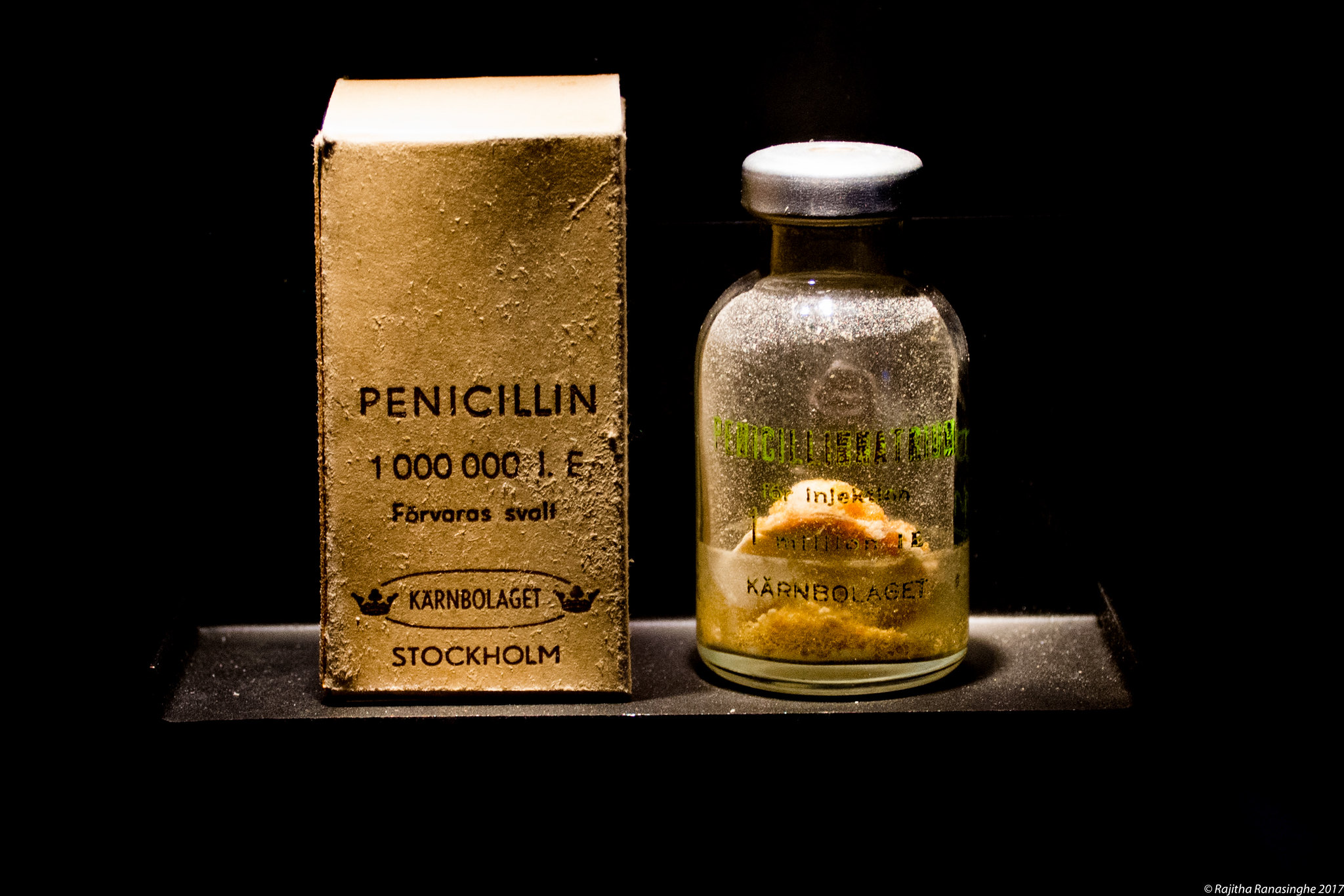
A messy lab led Alexander Fleming to one of the greatest medical discoveries ever. Penicillin changed medicine forever.
Though it took years to refine, that single moment in 1928 when Fleming noticed bacteria dying around the mold was nothing short of miraculous.
Like Go2Tutors’s content? Follow us on MSN.
The Crisis That Almost Ended It All (1962)
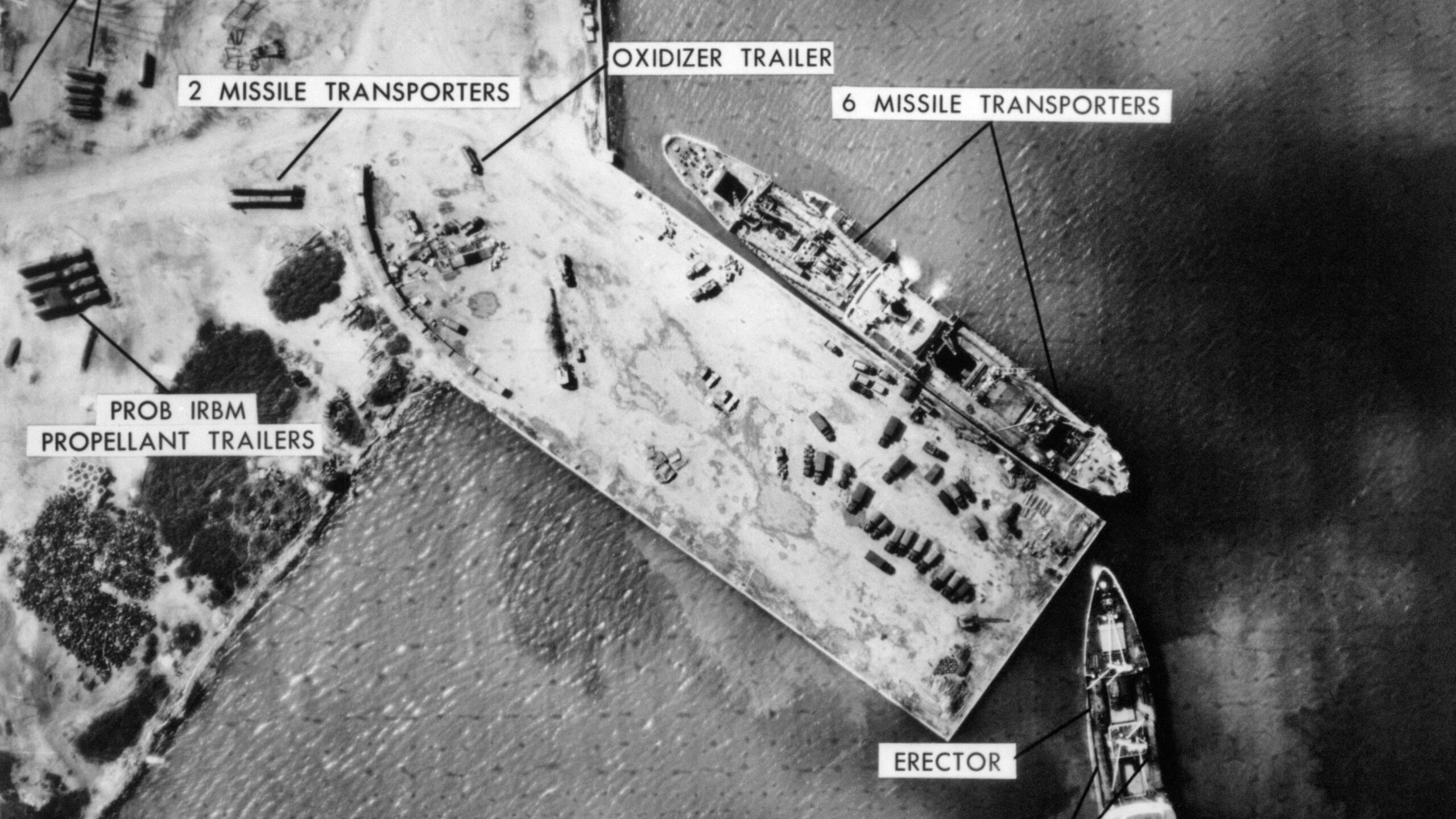
For 13 harrowing days in October 1962, the Cuban Missile Crisis brought the world to the brink of nuclear war. But on one fateful night, diplomacy prevailed.
The U.S. and Soviet Union reached an agreement, and the world breathed a collective sigh of relief.
The Treaty That Ended and Began Wars (1919)
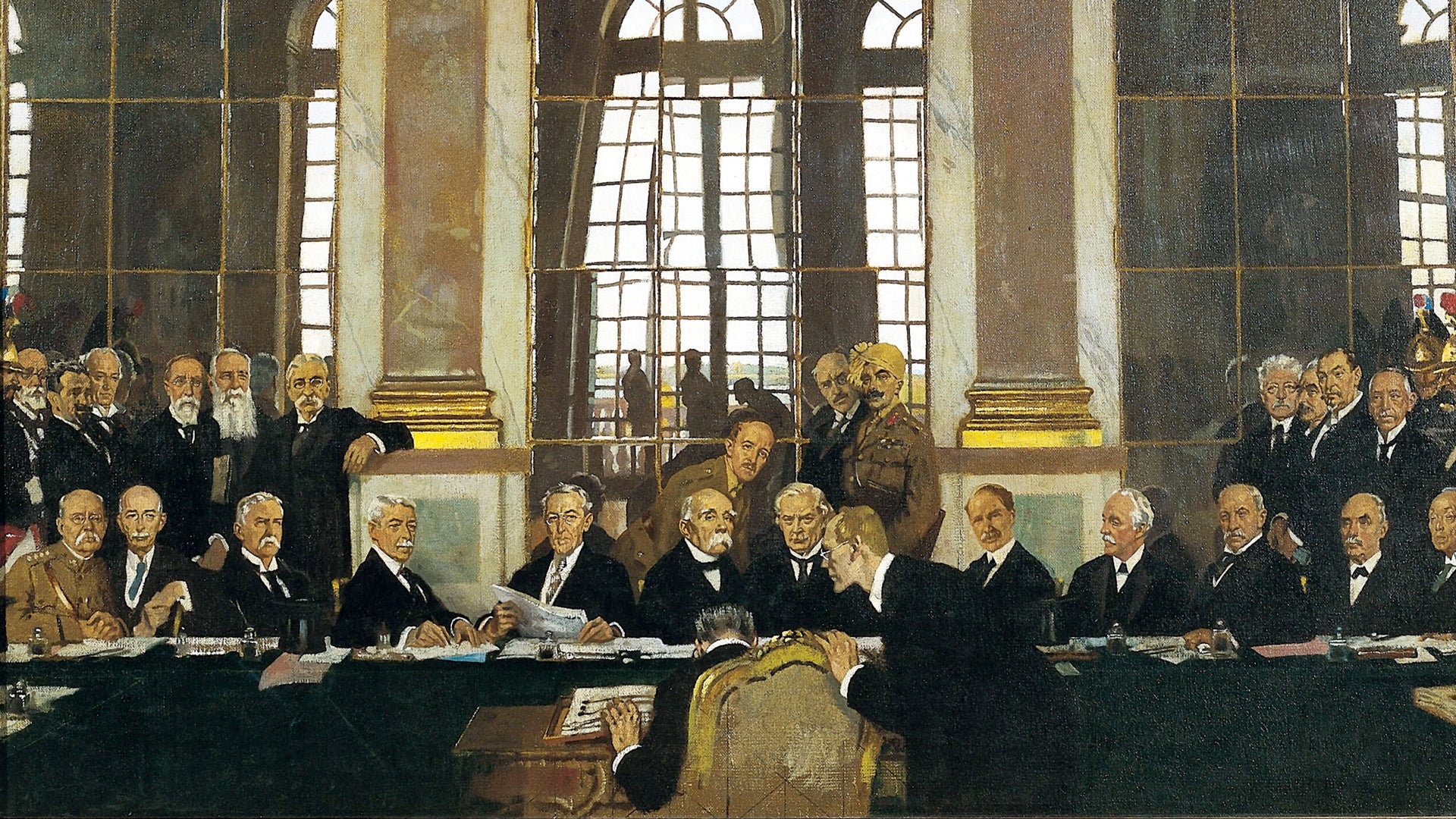
The Treaty of Versailles, signed on June 28, 1919, officially ended World War I. But its harsh penalties on Germany planted the seeds of resentment.
In hindsight, it wasn’t just a peace treaty—it was a blueprint for future conflict.
Constantinople’s Fall (1453)
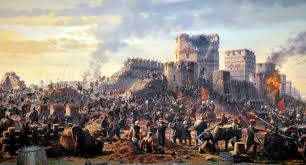
May 29, 1453, marked the end of an era. When the Ottomans captured Constantinople, the Byzantine Empire fell, altering trade routes and shifting global power.
This single event drove Europeans to explore uncharted waters, setting the stage for the Age of Exploration.
Like Go2Tutors’s content? Follow us on MSN.
The Internet’s Humble Beginnings (1969)
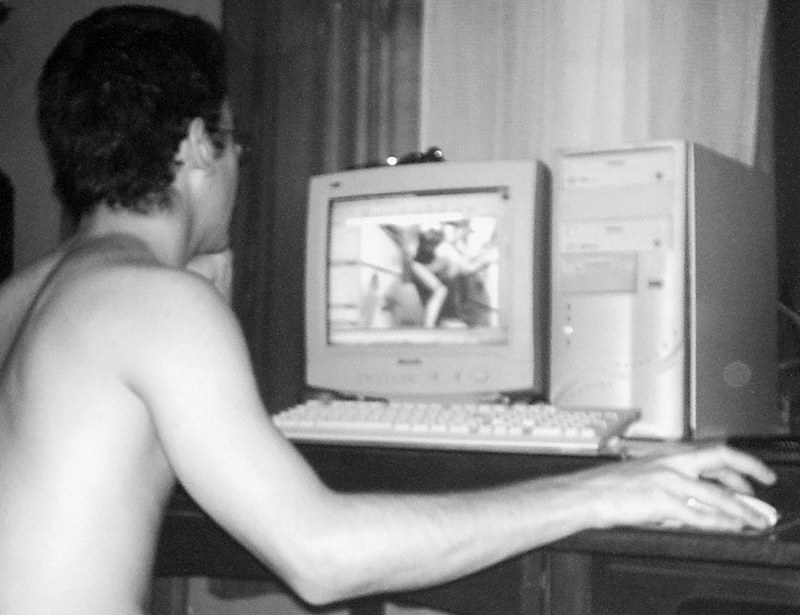
When two computers communicated for the first time in 1969, few could have predicted the impact.
Fast forward to today, and the internet connects billions of people, revolutionizing how we live, work, and interact.
Moments That Define Us
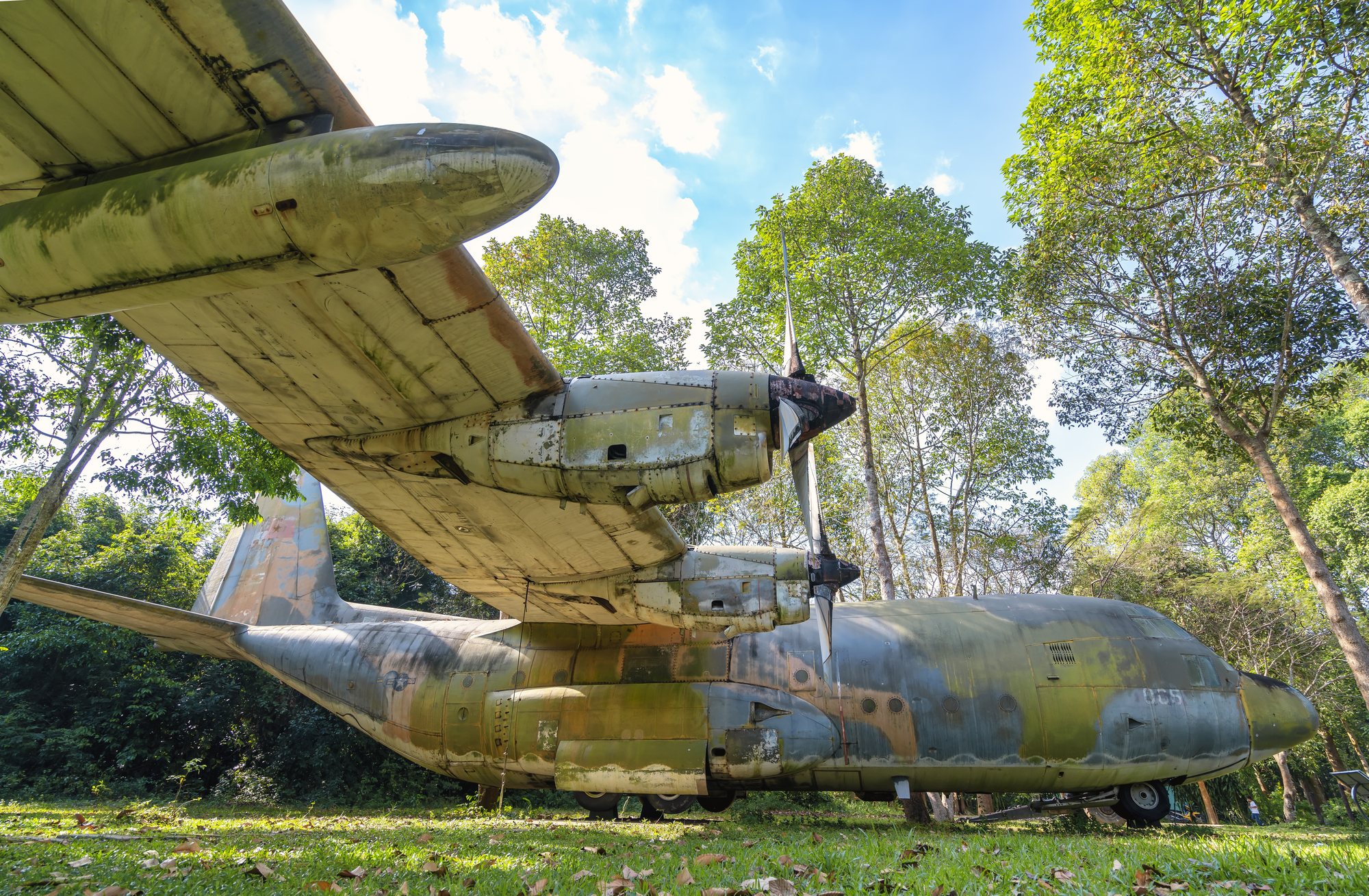
History doesn’t always take its time. Sometimes, it accelerates, jolting us forward in ways we never expect.
These events remind us how quickly the world can change—and how those changes shape who we are today and where we go tomorrow.
These 15 events will forever be remembered throughout history.
More from Go2Tutors!

- Famous Battles: How Much Do You Really Know About U.S. History?
- Top 5 Most Important Skills, According To Harvard Business School
- How Well Do You Know 90s Pop Culture? Take the Quiz
- Master the Art of Public Speaking with These Expert Tips
- Think You Know Capitals? Put Your Knowledge to the Test
Like Go2Tutors’s content? Follow us on MSN.



